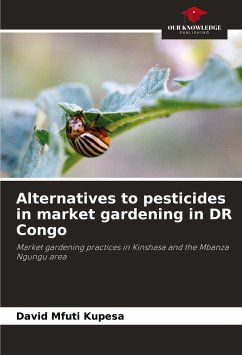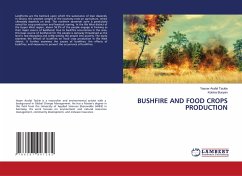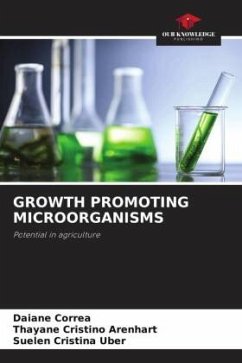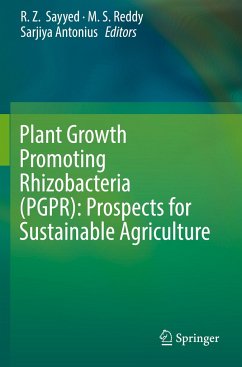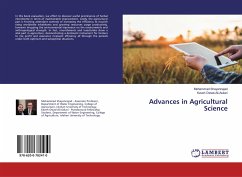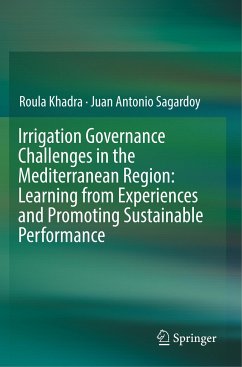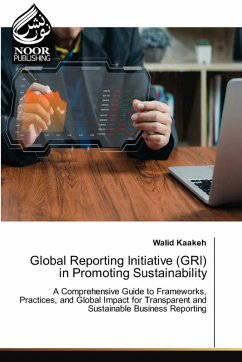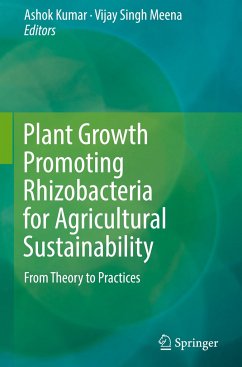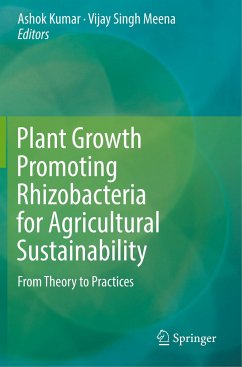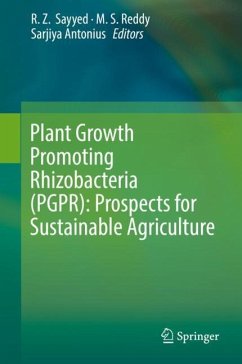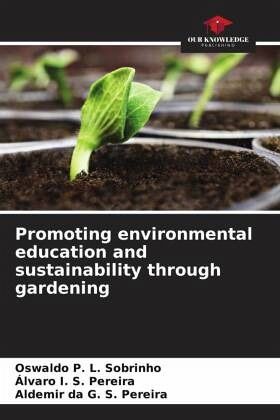
Promoting environmental education and sustainability through gardening
Versandkostenfrei!
Versandfertig in 6-10 Tagen
24,99 €
inkl. MwSt.

PAYBACK Punkte
12 °P sammeln!
The aim of this study was to assess the importance of interdisciplinarity in the field of sustainability and environmental education for the school environment, making chemistry content less difficult, more productive, enjoyable and interesting from a didactic point of view, linking the classroom and field practices through the vegetable garden. The research was implemented in two stages, the first consisting of three distinct phases: observations, tabulation and data analysis. The second stage used ethnography focused on the school garden at the Federal Institute of Education, Science and Tec...
The aim of this study was to assess the importance of interdisciplinarity in the field of sustainability and environmental education for the school environment, making chemistry content less difficult, more productive, enjoyable and interesting from a didactic point of view, linking the classroom and field practices through the vegetable garden. The research was implemented in two stages, the first consisting of three distinct phases: observations, tabulation and data analysis. The second stage used ethnography focused on the school garden at the Federal Institute of Education, Science and Technology of Maranhão - Codó Campus, as well as a case study based on a questioning analysis of the interdisciplinary qualitative research process. In the second stage, the research was essentially a case study, with periodic visits to the school garden at the IFMA-Campus Codó. Dialogues were built between students, teachers and the technicians responsible for managing the garden. The analytical-descriptive method was used as a procedure and extensive direct and indirect observation as a technique.





